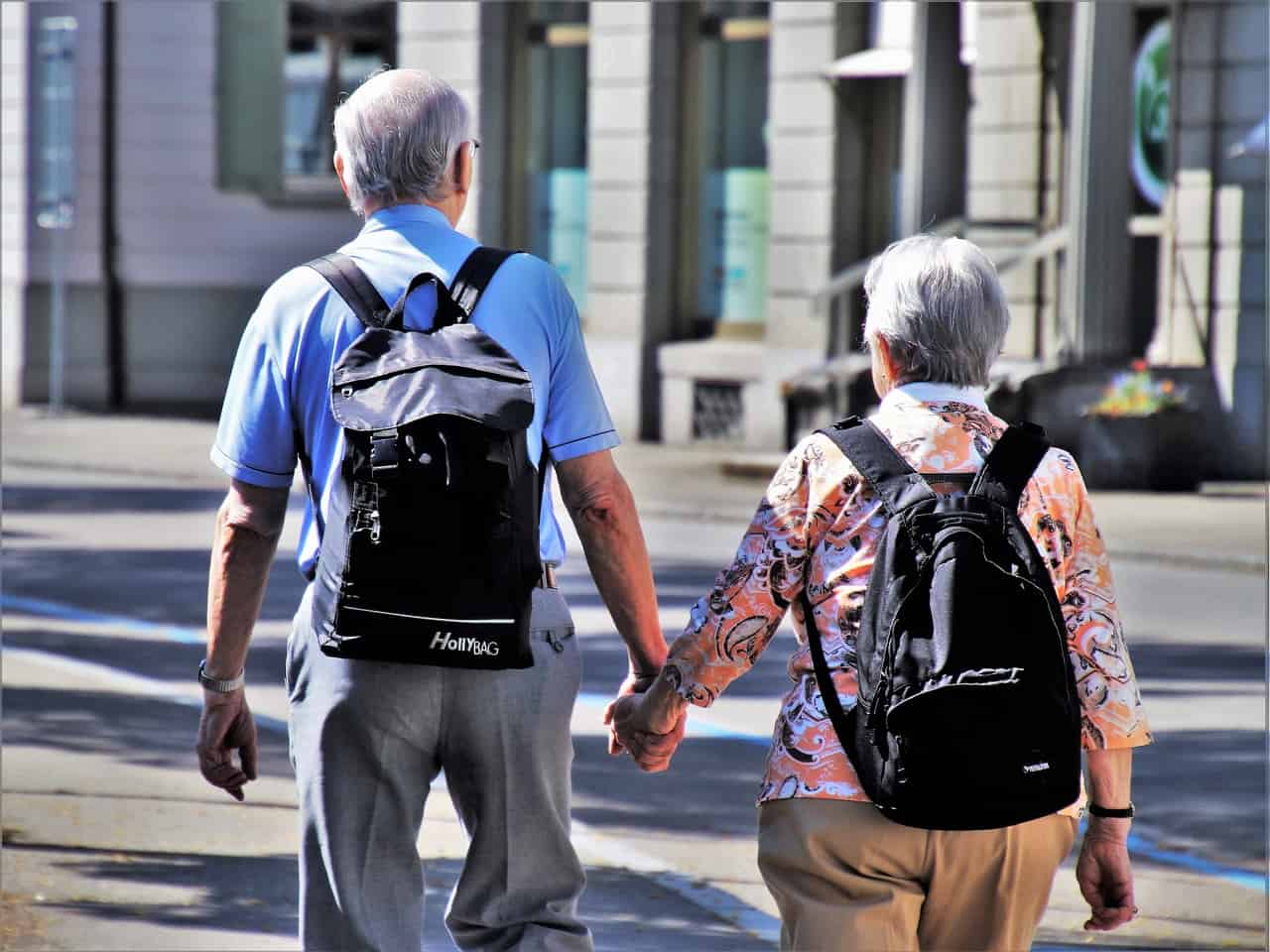Safety Tips For Companions Traveling With Senior Loved Ones
Traveling with your senior loved one can present challenges. But that doesn’t mean that they can’t enjoy seeing new places or visiting old friends. Pegasus home health caregivers in Sylmar and elsewhere have collected these safety tips for seniors and their traveling companions.
Traveling By Car
Whether your trip is across town or across the country, planning is essential. If you’re driving, your preparations don’t need to be as extensive as traveling by other modes. It’s essential that you allow adequate time for your loved to stay rested.
Try to plan a route that has rest stops so you can take breaks every couple of hours. Otherwise, take exits that have facilities. At the least, you and your loved one need to move enough to keep your circulation going.
Take snacks and water. Allow extra time to rest, relax, and eat. If the trip is longer than a few hours, arrange for an overnight stay part way through.
If you’re staying at a hotel, share a suite if you’re comfortable doing so. Otherwise, reserve connecting rooms. If that isn’t possible, be sure you have a key to your loved one’s room.
Taking An Airplane
Call the customer service department of airlines before booking seats if your senior is mentally or physically disabled. Airlines are required by the Air Carrier Access Act to provide specific information to passengers with disabilities. One expert advises asking the following questions:
- Are the lavatories handicapped-accessible
- Are there aisle seats with movable armrests
- Are there seats that are restricted for use by disabled passengers
- Are there other conditions that are limiting
If your senior needs medical equipment, ask about the requirements for taking it on board. The airline may request that you submit medical forms.
Although you may be concerned about privacy issues, it’s a good idea to describe any medical conditions in advance. That avoids last-minute problems.
Airports and airlines have wheelchairs available, and it’s advisable to reserve one in advance if needed. If your senior relies on a mobility device full-time, airlines are required to accommodate them.
Collapsible devices can be placed in the storage compartments. Larger devices have priority in the baggage department. Devices with batteries may be wrapped in hazardous materials packaging.
Ask also about boarding accessibility. Is there a wheelchair-accessible ramp? If your loved one cannot walk, will their wheelchair fit in the aisle?
If the wheelchair is going with the baggage, label it. Attach labels also to cushions or detachable parts. If it has to be disassembled to fit, include instructions for reassembly.
Contact The TSA
You can get many of your security questions answered by contacting the Transportation Security Administration (TSA). They have a division specifically for travelers with disabilities or medical conditions. You can access them on the web, via the TSA Cares helpline at (855) 787-2227, or [email protected].
You may wish to obtain a TSA disability notification card. That allows alternate security screening procedures for disabled individuals. Your senior loved one will undergo screening, but their inability to stand, for example, will be taken into consideration.
Stringent guidelines in general apply to items that can be taken on a plane. The TSA has less strict rules for medications. Passengers are allowed to bring larger amounts of liquids, for example.
If your senior loved one is cognitively impaired, extra precautions may be necessary. If flying, notify TSA personnel of your senior’s condition. Advise the support staff as to the best way to approach your senior to minimize fear.
All meds and supplies must be declared and will be subject to screening. All should have labels and preferably be in their original containers. Pack them in an easily-accessible bag as they will be screened separately from other items.
Taking A Cruise Or Riding A Train
Ask the same questions when traveling by ship or train as you do for airplanes. Expect security checkpoints when boarding a cruise ship or train.
Always contact the cruise provider or railway in advance for special needs. Make sure your senior loved one can take medical devices on board. Reserve accommodations that are suitable for someone with disabilities.
You will find a detailed description here of what to expect when boarding a cruise ship. Amtrak describes security and safety procedures for traveling by train. As with flying, notify all support personnel if your senior loved one is cognitively impaired.
Regardless of how you travel, take enough meds for the trip, plus enough for an extra day or two in case of delays. Take documentation from a health care provider verifying medical conditions and necessary meds. Take pictures on your cell of prescription labels so replacements can be obtained if items are lost or stolen.
Carry a current photo of your cognitively impaired loved one. Although you or another companion will always be with them, allow for the possibility of separation. Consider signing up for MedicAlert® + Alzheimer’s Association Safe Return program.
Pegasus is a Certified Home Care Aide organization and a Joint Commission Accredited organization. Our caregivers in Sylmar and our other locations are dedicated to helping your loved one remain independent. We’re here to assist seniors and their traveling companions see the world safely.

